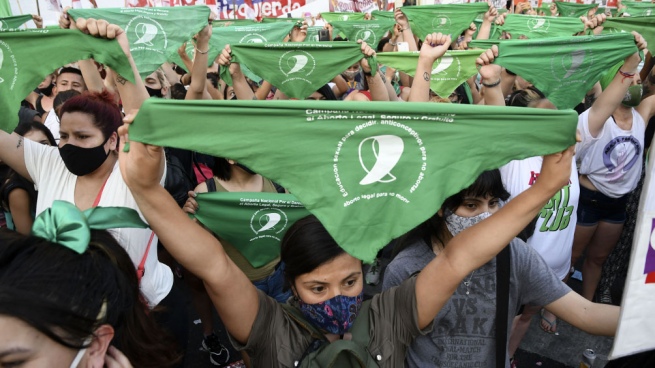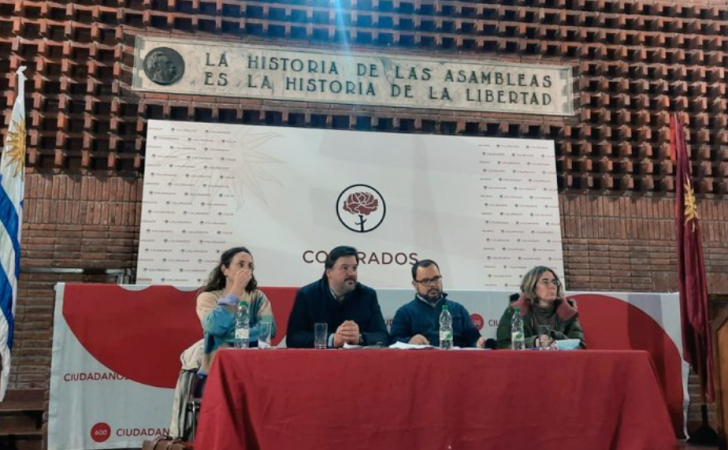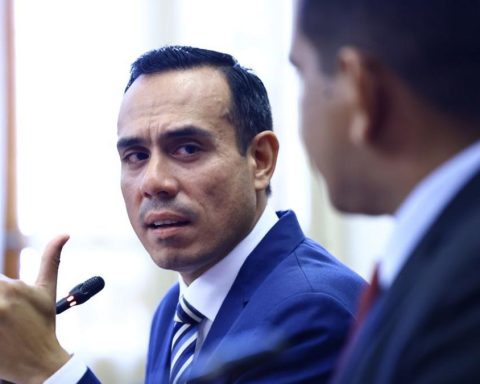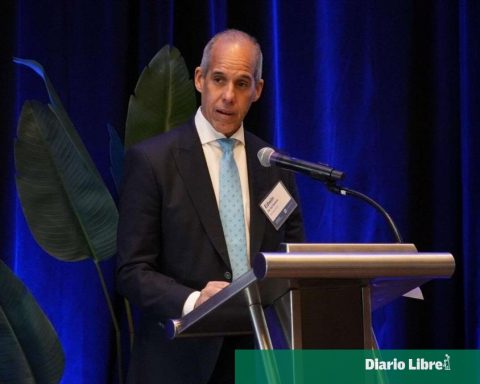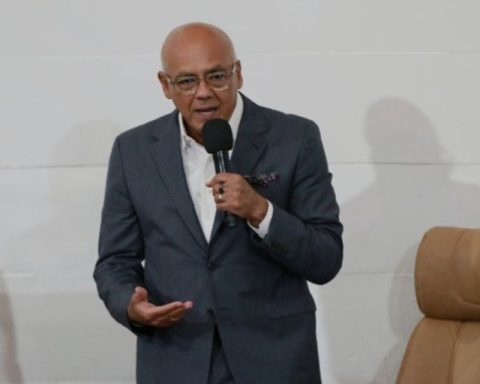The Center for State and Society Studies (Cedes), in partnership with Ibis Reproductive Health, launched the new web portal of its “Mirar” initiative, to monitor public policies on access to voluntary interruption of pregnancy (IVE) in the Argentina, in order to monitor the implementation of the law and help guide actions to guarantee this right.
In collaboration with the United Nations Population Fund in Argentina (Unfpa), the project includes regional information meetings.
The platform offers Updated information, based on a monitoring system, on the application of Law 27,610 on IVE and Postabortion Care in Argentinaand includes an analysis of the data available at the national level and by provinces “with the intention of providing a fundamental input in the decision-making of public bodiesin the incidence of civil society and in the media agenda”, the entities promoting the initiative highlighted in a statement.
In www.projectomirar.org.ar there is data from public sources, requests for access to information and reports from civil society organizations regarding the implementation of the public policy on abortion, and its impact on the community and the health system is analyzed.
“The objective we pursue by disseminating systematic information on IVE/ILE (legal interruption of pregnancy) is to contribute to decision-making, which considers the map of application of this right throughout the country and identifies in which areas specific actions are needed. “, explained Mariana Romero, doctor and researcher at Cedes and Conicet.
“The objective we pursue by disseminating systematic information on IVE/ILE (legal interruption of pregnancy) is to contribute to decision-making, which considers the map of application of this right throughout the country and identifies in which areas specific actions are needed. “
Meanwhile, Agustina Ramón Michel, a lawyer and researcher at Cedes, analyzed that “what happened in the United States, the reversal of Roe vs. Wadereminds us of the importance of monitoring and continuing to work to generate social change that is sensitive and respectful of people’s reproductive and non-reproductive decisions”.
The professional thus referred to the decision of the United States Supreme Court that revoked the Roe vs. Wade in 1973, which for almost half a century guaranteed women’s right to abortion, leaving each state with the power to authorize it or not.
Monitoring system
The monitoring system of the Mirar project analyzes official data and that generated by social organizations from different parts of the country, as well as the consultations made to the free and confidential telephone line for sexual and reproductive health 0800-222-3444 of the Ministry of Health.
“Through the project, Cedes and Ibis Reproductive Health consider that information is a fundamental input for access to abortion rights. That is why we hold meetings in different provinces of Argentina with journalists and civil society organizations,” said Brianna Keefe-Oates, public health researcher and advisor to Ibis.
These meetings are held with Unfpa Argentina “and pursue the objective of strengthening the public agenda, the implementation and monitoring of public policies for access to voluntary and legal interruption of pregnancy at the local level, as well as promoting advocacy strategies.”
A meeting was held in Neuquén in June, and others are planned in Jujuy and Entre Ríos in the coming months.
“The mission of the Mirar project is to monitor the implementation of the abortion law and policy in Argentina, improve access and quality of abortion services after its legalization and contribute with evidence and information to the processes of expanding rights, and share our experience with the region,” said Silvina Ramos, sociologist and researcher at Cedes.
Cedes is a civil non-profit organization founded in 1975 that is dedicated to developing research activities to train human resources to contribute to social debate; while Ibis is a global research and advocacy organization that promotes sexual and reproductive health, choice and autonomy.
